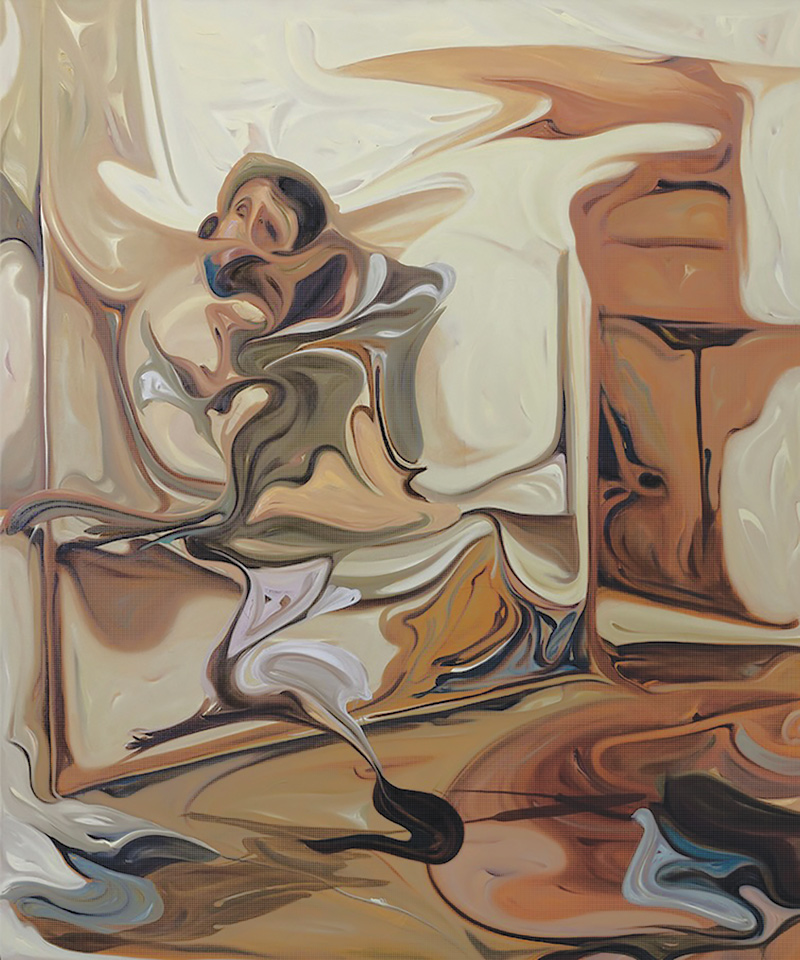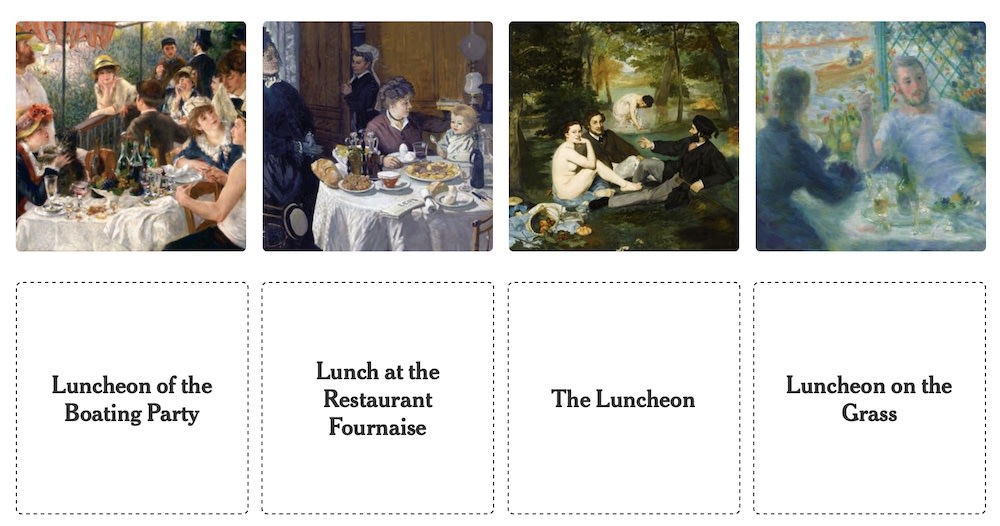News from Around the Art World: October 30, 2018

Art Institute of Chicago Makes Thousands of Hi-Res Images Available for Free
The museum has reproduced thousands of high-resolution images of its art and released a substantial amount into the public domain. This means that, under the Creative Commons Zero (CC0) license, students, educators, and even everyday art lovers can download this digitized art for free.
By Kelly Richman-Abdou, My Modern Met

3Arts awards 20 Chicago artists with unrestricted cash grants
3Arts, the Chicago-based nonprofit grant making organization, is honored to award 20 Chicago artists with unrestricted grants at the 11th Annual 3Arts Awards Celebration taking place Monday, November 5, at the Museum of Contemporary Art. The celebration will honor the 10 annual 3Arts Awards recipients along with 10 recipients of Make a Wave—an unprecedented artist-to-artist giving initiative.
Via The Chicago Crusader

Travel to Art Deco Chicago With This Book
In part due to Instagram, architectural tourism has never been bigger. Few cities anywhere in the world can compete with Chicago for architectural splendor and variety. It’s river architecture tour is considered a must-do—even by travel snobs. Wright, Burnham, Sullivan, Gang, van der Rohe, S.O.M, Gehry, and Bofill—all have iconic buildings here. But for us, the most visually alluring period of skyscrapers is Art Deco.
Via The Daily Beast
Chicago Lays Claim to Modern Design Achievements in a New Show
Chicago is well-known for innovation in design when it comes to architecture, but what about product, graphic, or interior design? Olivia Mahoney, senior curator at the Chicago History Museum, says the city was a leader in these areas, yet its contributions are often overlooked.
By Rebecca Holland, Architectural Digest

Alaskan dancer helps the Met solve riddle of the Yup’ik mask
When Caitlin Mahony, an assistant conservator at New York’s Metropolitan Museum of Art, first examined a wooden Yup’ik mask last spring, she was at a loss for how to proceed with its treatment. Created around 1900 at the behest of a shaman for use in a ritual dance in Alaska, it was perforated on the sides with holes into which appendages were inserted. Some of these were broken, missing or possibly in the wrong position, which made the mask difficult to understand.
By Nancy Kenney, The Art Newspaper






